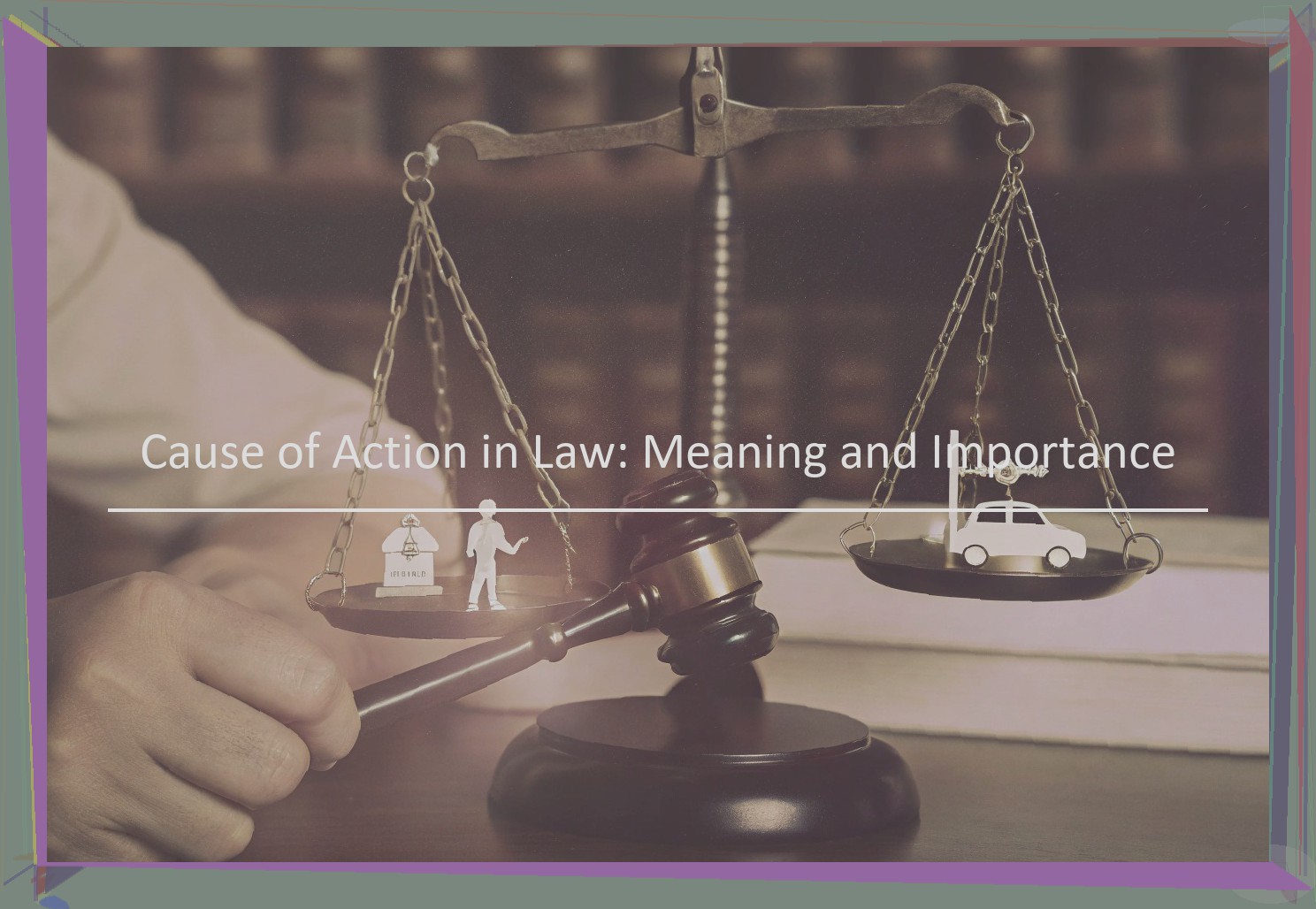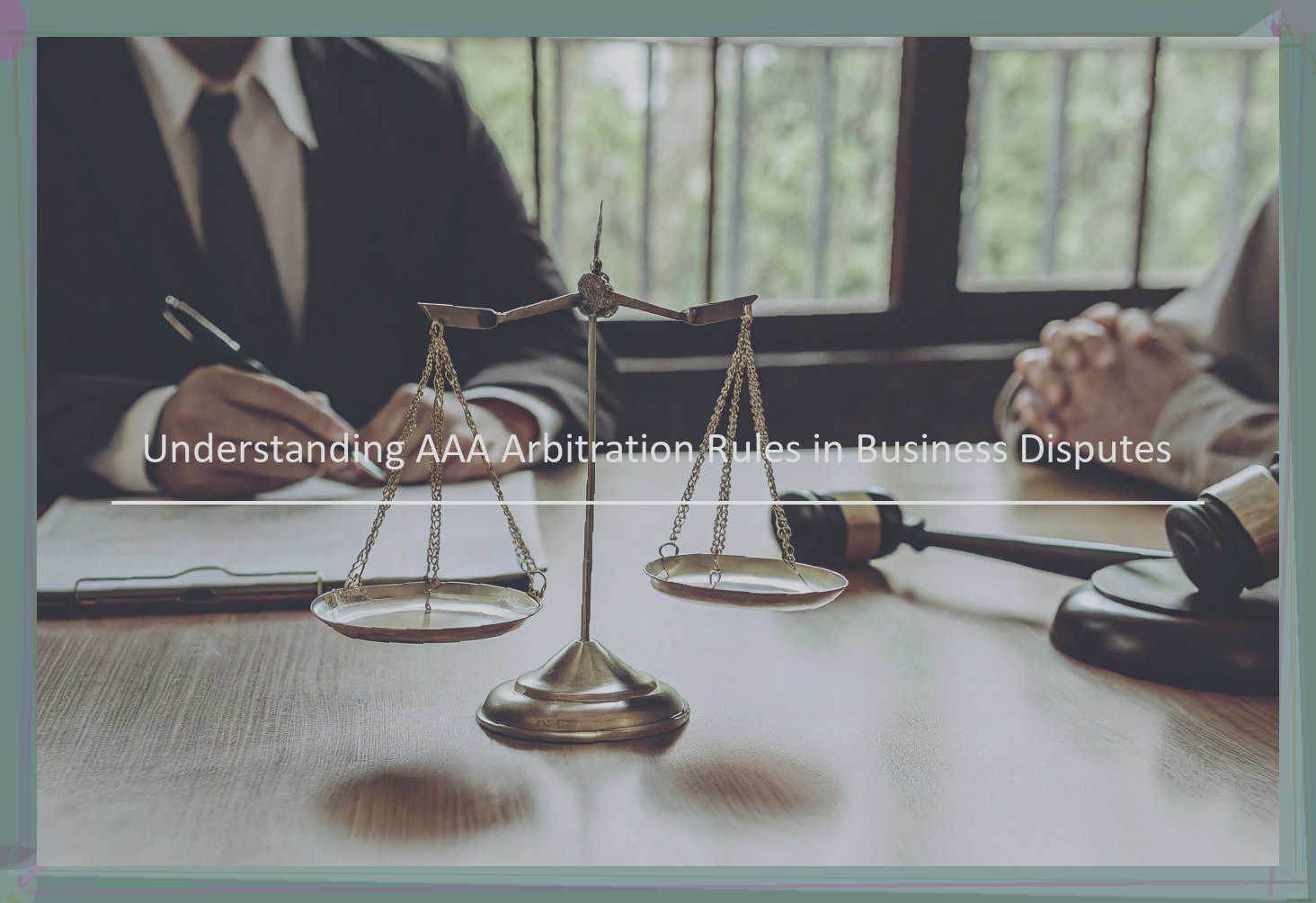
What is a Kinship Legal Guardian?
Kinship Legal Guardianship is a legal procedure by which a caregiver is appointed to assume the role of a parent for a child living in their home. Kinship Legal Guardianship differs from adoption in that the legal relationship between the child and parent remains intact. The child does not lose contact with parents through a Kinship Legal Guardianship. The primary concerns are to establish permanency for the child, to protect the relationship between the child and parent and to allow the parent to retain some legal authority in the life of the child.
In a Kinship Legal Guardianship the Child is removed from the original family unit through the Division of Children and Family Services, or voluntarily placed with a kinship caregiver , either through trial reunification or voluntarily. In the vast majority of cases the Kinship Legal Guardian is a family member. Parents, siblings, grandparents, aunts, uncles, cousins and even close family friends can be Kinship Legal Guardians. A Kinship Legal Guardian is often the most appropriate long-term placement for children when parents are unable or unwilling to adequately fulfill parenting duties.
A Kinship Legal Guardianship is not an institution. Unlike foster care there is no government agency providing guardianship services. A Kinship Legal Guardian is simply a private person standing in the place of a parent to provide for the physical, financial and emotional well-being of the child.
What is a dog adoption contract?
The purpose of a dog adoption contract is to formalize the transfer of a dog from a shelter or previous owner to the new owner. It allows for specific provisions to be included in the adoption agreement and protects both the shelter and the new adopter should issues arise in the future. Just like any other contract, it will likely include information on confidentiality, amendment, severability, and the governing state laws. It can also help clarify issues related to medical treatment, financial responsibilities, and the return of the pet should there be any issues before or after the adoption takes place . A dog adoption contract will typically include the following:
Purpose of the Adoption Agreement
Adopter Information
Description of Pet
Adoption and Donation Fees
Liability Release
Care of Animal
Return of the Animal
Agree to Terms of Contract
DISCLAIMER
No Warranty Material
Changes and Amendments
Signatures of Both Parties
Vet Contact Information
Vaccination Requirements
Microchip Requirements
House Check Requirements
What is Ignorance of Law?
This is where ignorance of the law comes into play. "Ignorance of the law" means that you didn’t know that your actions were against the law. This generally is not a legal defense. Ignorance of the law is not even recognized as an actual legal excuse. Being told that something is illegal doesn’t change the legal status of your actions. It simply lets you know that your actions, whatever they may have been , were illegal.
Ignorance of the law is an important thing in the judicial system because individuals can’t use it to defend themselves against crimes that they’ve committed. To do so would allow the laws to be broken, even by a simple mistake or accident.
To better understand how this works, think about it in terms of taxes. If you haven’t done your taxes properly, it does not matter if you did not know what exactly was required of you when you first filled out your taxes. The IRS will still fine you the extra money that you owe them with or without the knowledge that you were doing it wrong.
What’s in a Consortium Agreement?
A consortium agreement is a formal legal framework between two or more entities that outlines each entity’s rights and responsibilities to achieve a specific goal. The agreement sets the parameters of the consortium’s purpose and operations, while also establishing governing procedures for decision making, use of assets, distribution of profits, confidentiality obligations , and resolving disputes.
Consortium agreements are commonly used in joint ventures between two or more parties who may be commercial enterprises or other forms of entities, such as universities and research institutions. One prominent example of this form of consortium agreement is the ERC Consortium Agreement. Many country-specific/ERC national law-compliant variants exist for this form of consortium agreement.

What Exactly is a Venue Rental Agreement?
A venue rental agreement (contract) is a legal document between a facility renting the venue space and the person renting the space saying that in exchange for money, the space can be used for a specific purpose. Venue rental agreements have different terms than other agreements because the person renting the venue space usually has no control of the land. So instead of being responsible for upkeep of the place , they might be responsible for the cost of cleanup after the event. It is important to not only list the rules of things like noise and cleanup, but to also specify what will happen if it is not completed.

Florida Condo Associations Explained
Florida condo associations are non-profit corporations that are governed by the Florida Condominium Act. The Act provides for a general scheme of governance for most condominiums and condominium associations. Much of this scheme is optional. In other words, if something is not addressed in the declaration (the documents which give rise to the association), the declaration is essentially silent on the issue. This results in a great deal of discretion afforded to boards and managers. Other provisions in the Act are mandatory. For instance, notice requirements must be followed, regardless of your declaration.
Condominiums are created in Florida when the property is voluntarily submitted to the Act by the developer. The declaration is filed with the Clerk of Courts pursuant to Section 718.104, Florida Statutes. A condominium cannot exist without a declaration. By submitting property to the Act, the developer creates an association . This association is charged with the responsibilities set forth in the Act and those responsibilities outlined in the declaration. In fact, the declaration provides the governing documents for the association. It would be a violation of the Act for the association to adopt by-laws which are inconsistent with the declaration. Typically, in many cases, the declaration and the by-laws are the same.
The operation of the association requires the cooperation of all unit owners. Boards and managers must understand their respective roles. Associations typically have a board of directors comprised of resident unit owners. These directors can be volunteers or they can be compensated. Regardless of whether you are a volunteer or a compensated director, you have a fiduciary duty to the association, which means that you must act in the best interests of the association. By meeting on a regular basis, the board and its manager(s) can adequately address issues which arise, creating an effective association.
Tint Laws Florida
In Florida, window tint laws have certain exemptions. For instance, if an individual is a certified Florida law enforcement officer, Florida Department of Highway Safety and Motor Vehicle (DHSMV) employee or a certified medical professional, they can apply for additional exemption from the windshield and front-window tint requirements. However, for the time being, let’s stick to the tint law for the average vehicle owner, which many people find confusing.
Essentially, the law requires that tinted car windows provide at least 28% VLT in vehicles covering the driver’s and passenger’s windows. This regulation is in place for good reason – providing enough visibility for the driver to see the road and objects around them. While newer cars are made of tempered safety glass that is not shatterproof, it can chip or break if it is struck by a road rock or other object. If the driver’s or passenger’s window shatters suddenly, the additional tint can further obstruct their ability to see outside.
Florida Tint Laws can be broken down by the type of vehicle as follows:
• Sedans, vans, SUVs, and pickup trucks are subject to specific tint requirements. For these vehicle categories, windshield tint is required to let at least 70% of light through , with a minimum tint density (SAT) of number 30. Tint on the front driver-side and passenger-side windows must be 15%, followed by tint on the back passenger-side and rear windows, which must be at least 6%. Tint is required to allow at least 6% of light through for vans, SUVs and pickup trucks.
• Trucks with a cargo area that is completely covered by a camper shell, or vehicles with factory-installed darkness in the windshield with the same darkness on the front side windows, are both exempt from windshield tint requirements.
The Florida Department of Highway Safety and Motor Vehicle (DHSMV) outlines the penalties for illegally tinted windows as follows:
• Driving a vehicle with tint on the front side windows that does not abide by tint rules in the Florida law will result in a moving violation charge, a fine of $115 and three points on the driver’s record.
• Driving a vehicle with tint on the front windshields that does not abide by tint rules in the Florida law will result in a non-moving violation charge, a fine of $84, and no points on the driver’s record.
• Driving a vehicle with window film that is below the AS-1 line will result in a non-moving violation charge, a fine of $84, and no points on the driver’s record.

What Is a Cause of Action
A cause of action is one of those legal terms that lawyers throw out without really thinking about what it may mean to the people they are talking to. A cause of action is basically a set of facts that gives rise to an enforceable right to bring an action against a party. In other words, a cause of action is the basic set of facts that gives you the right to sue. When you sue someone, you must allege certain causes of action to give the court a basis for finding in your favor. Causes of action often entail legal theories like negligence, breach of contract, and fraud.
Like I said above, a cause of action is a basis for bringing a lawsuit. It is important when drafting a complaint to make sure it has all the necessary elements contained within the complaint to establish grounds for a case against the defendant; otherwise, the court can strike the complaint or dismiss it. Even if the plaintiff can prove the facts alleged in the complaint, the court may still dismiss the complaint if it does not properly name the right causes of action. The published decision in Heller v . Schwimmer, 197 Cal.App.3d 156, demonstrates this rule perfectly.
In Heller, Rachel Heller (plaintiff) sued her former husband, Michael Schwimmer (defendant), for specific performance of a separation agreement and damages as emotional distress damages. The court dismissed her complaint and plaintiff appealed. The court of appeal reversed the decision with respect to damages for emotional distress because a separation agreement gave plaintiff disciplinary powers over defendant in California, and imposed punitive damages on him if he did not comply with the separation agreement. However, the Court of Appeal affirmed the trial court’s dismissal of the emotional distress damages because the plaintiff did not specifically allege emotional distress in her complaint under a specific theory of law. Therefore, the court in Heller stated that it is an abuse of discretion for a trial judge to deny leave to amend a complaint after it has been determined that the complaint is completely lacking in any merit and wholly deficient in stating a cause of action.

Legal Aid, What Is It?
What is legal aid?
Legal Aid is a resource for low-income individuals in need of legal help. Its purpose is to provide free civil legal assistance to low-income people so that everyone can have equal access to our justice system.
Legal aid can help people facing issues in child custody or support, housing eviction, domestic violence, bankruptcy, consumer fraud , foreclosure, divorce, and guardianships.
Financial eligibility is determined by the household income and number of people living in the home. Legal Aid has evaluation staff that determine financial eligibility and staff who qualify applicants directly. Applicants can also be turned away for other issues such as a conflict of interest with Legal Aid.

An Overview of AAA Arbitration
The American Arbitration Association (AAA) is a not-for-profit organization that has administered arbitration proceedings for more than 90 years. The AAA’s purpose is to provide conflict resolution services, especially in the context of contractual relations, in order to facilitate economic and social growth. The AAA has developed rules, known as the AAA Arbitration Rules, for many specific types of cases (e.g., wage disputes, international disputes, consumer disputes, insurance disputes). However, the AAA Commercial Arbitration Rules apply to most commercial disputes. The AAA also provides alternative services to litigation for construction disputes; labor disputes; and cases involving consumer, employment or international/splicing law.
There are several reasons that parties choose AAA to resolve their disputes. Parties generally prefer to arbitrate rather than litigate because arbitration is faster, cheaper and the parties have more control over the proceedings . In situations where the parties do not have a strong relationship or if the relationship is already damaged, the less formal and often more personal arbitration process is appropriate. For similar reasons, parties choose AAA rather than using another arbitrator, institution or ad hoc panel to resolve their dispute. The AAA will generally appoint a panel of two or three dispute resolution professionals with experience in the industry. If a single arbitrator is chosen, he or she is generally a former judge or a lawyer with over ten years’ experience in the relevant field.
There also several characteristics that are unique to AAA: (1) Arbitrators’ fees are based on the amount of time spent, rather than the amount of the claim, (2) Arbitrators and the AAA provide a number of procedural services not available in litigation, (3) Arbitrators work in an informal setting, and (4) AAA offers expedited procedures that allow a disputing party to obtain relief within a few months.
